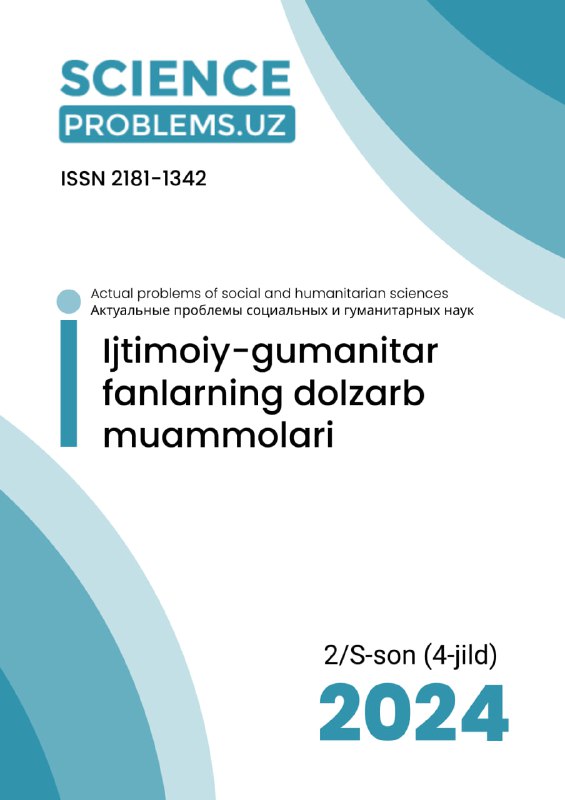LEXICAL PROBLEMS OF TRANSLATING THE NAMES OF NEW PHENOMENA IN MASS MEDIA
Kalit so'zlar
https://doi.org/10.47390/SPR1342V4SI2Y2024N20Kalit so'zlar
translation challenges, english-russian translation, socio-political texts, cultural mediation, linguistic equivalence, contextual sensitivity.Annotasiya
This study explores the nuanced challenges of translating English to Russian, highlighting the importance of cultural, contextual, and linguistic considerations. It emphasizes the role of translators as cultural mediators and the complexity of conveying socio-political content accurately, underscoring the dynamic interplay between languages and the necessity for a multifaceted approach to translation.
Manbalar
Barkhudarov, L. S. (1996). Language and translation: Problems of general and special translation theory. Moscow: International Relations.
Soboleva, L. N. (2004). Socio-political translation: Theory, problems, methods. St. Petersburg: St. Petersburg State University Press.
Hrytsai, I. (2015). TRANSLATION OF TECHNICAL TERMS IN POPULAR SCIENCE TV PROGRAMS. Advanced Education
Ivanishcheva, O. (2016). Culture phenomena: lexicographical description issues.
Gordeeva, K. O. (2018). Translation Of The Lexical Gaps In The Category Of Colour Namings.
Bogdanova, L. I., & Богданова, Л. И. (2015). New Words in Interaction of Languages and Cultures. Russian Journal of Linguistics.
Biró, E., Kovács, G., & Nagy, I. (2021). Change(s) in Vocabulary(/ies) – Hungarian and Romanian Lexical Phenomena During COVID. Acta Universitatis Sapientiae, Philologica.
Shamlidi, E. Y. (2020). MASS MEDIA LANGUAGE AND ITS ROLE IN TRANSLATION ACTIVITIES (BASED ON ENGLISH MEDIA TEXTS). Russian Journal of Multilingualism and Education.








